Communication is a critical component of the success of a big band, and without, a band can easily crash and burn, or at the least, waste a lot of time and goodwill.
Difference between “jazz” and a “jazz orchestra”
“Jazz” implies improvisation and spontanaeity. This is often true in the “purer” forms and in small groups, and in certain medium and large ensembles with well-established rules and boundaries.
But there is a big gap between that small group freedom and what a jazz orchestra does. A jazz orchestra is more literal a name than many realize. It’s an orchestra, no different than a symphony playing Beethoven. The distinction is that a jazz orchestra, or big band, is made up of individual jazz-fluent musicians collectively playing orchestrated jazz compositions in a shared language that has a specific vocabulary.
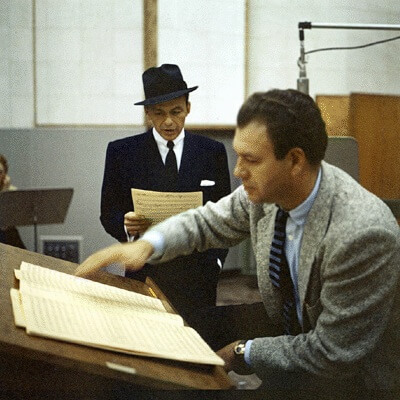
My biggest pet peeve is when someone uses “that’s just jazz” as a justification for confusion. A jazz orchestra not as good as it’s best improvisors. That bottom-up approach presents the audience with a too-many-cooks approach to jazz. A jazz orchestra exists for the orchestration and group effort, and it is as good as it’s least clearest arrangement.
Open sections
If a section says “open” and there’s no framework in place for each and every player to know with total clarity what the cue is to go on to the next setion, the piece runs a high risk of collapse, or at the least, a mild risk for decreased morale.
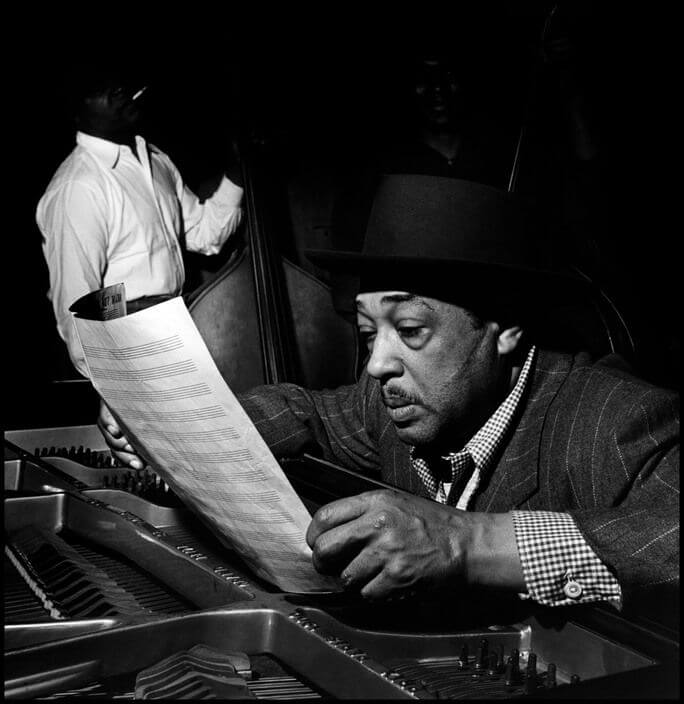
There are many ways this scenario can be detrimental to the ensemble on both a technical and emotional level. You absolutely must take morale into consideration when running a band or playing in a band, or when arranging or copying parts. If you have a 4-bar open section, with a cue out that leads to a downbeat where trumpets play a big hit voiced in the upper register, it’s imperative that the cue is clear and gives the trumpets plenty of time to prepare. If you give a 1- or 2-second cue after a 1-2 minute open section, the trumpets can’t always reasonably be prepared, and you are asking for a messy hit.
Lead trumpet is your key ally
Most importantly with all of this, you are asking for the lead trumpet to potentially embarrass themselves by coming in early or late, or coming in on time without proper physical preparation and cracking their note. Or their section players enter incorrectly, causing unneeded frustration for the lead player.
Another possible trouble area for the lead trumpet is if the cue out involves a layered background over the open section, with lead trumpet being told to play an exposed line “last time.” Then all of a sudden, the “last time” continues multiple times. Maybe it musically leads into the cue out line and doesn’t logically work with an extra repeat. Maybe this line is difficult on the chops and now you are wearing your horn players down. You need your lead trumpet to be on your side, don’t use them like a tool, use them as a deputy.
If the cue’d bar does not have distinguishing material in it, you are also risking some players not jumping along with you if you are not clear. So the immediate cue sounds ok, but 16 bars later it gets ugly as half the band is on a different page.
Botching a cue can hurt yourself more than anyone
There are so many ways that an unclear cue can go wrong musically and negatively affect your player’s energy and morale, but along with that, you are also risking your own reputation as a leader. When you give bad cues, it makes players not trust you. They start to learn to avoid you and fend for themselves. And with arbitrator, personality clashes in the band can dominate.
It also makes players lose respect for you. Conductors tend to be some of the strongest and most well-read musicians, and while they may not always be masterful composers or performers, they fully understand and internalize the scores they conduct, to the point that an uninformed bystander could easily assume the person with the baton was also the person with the pencil. So if you come to rehearsal without a clear plan for sections, players assume you are not familiar with the style, or are not doing your homework. It’s easy to get resentful, and eventually the resentment turns into quiet mutiny.
“It’s just jazz” as an excuse for poor communication
And the absolute worst thing I’ve heard as a justification for bad cues is “hey, just go with it, that’s jazz.”
No.
This is an orchestra, and we NEED communication. It’s true that we are playing with a vocabulary that has a history that traces itself through a deeply rooted musical tree, that jazz is the language in the room we all speak. But it’s an orchestra. At no point in the history of jazz orchestras was it ever acceptable to miscommunicate a component of music. The level of detail in jazz scores created by the greats is so intricate and controlled that frankly it’s insulting to be told that your mistake is “jazz.” Complex scores created by Duke Ellington, Thad Jones, Fletcher Henderson, Maria Schneider, Kenny Wheeler, Sy Oliver, Nelson Riddle, Gil Evans, Quincy Jones, etc, at no point did any of them allow uncertainty in an arrangement on a stress-inducing level. It’s just not a part of the tradition and “that’s just jazz” has no place in this field as an excuse for poor communication.
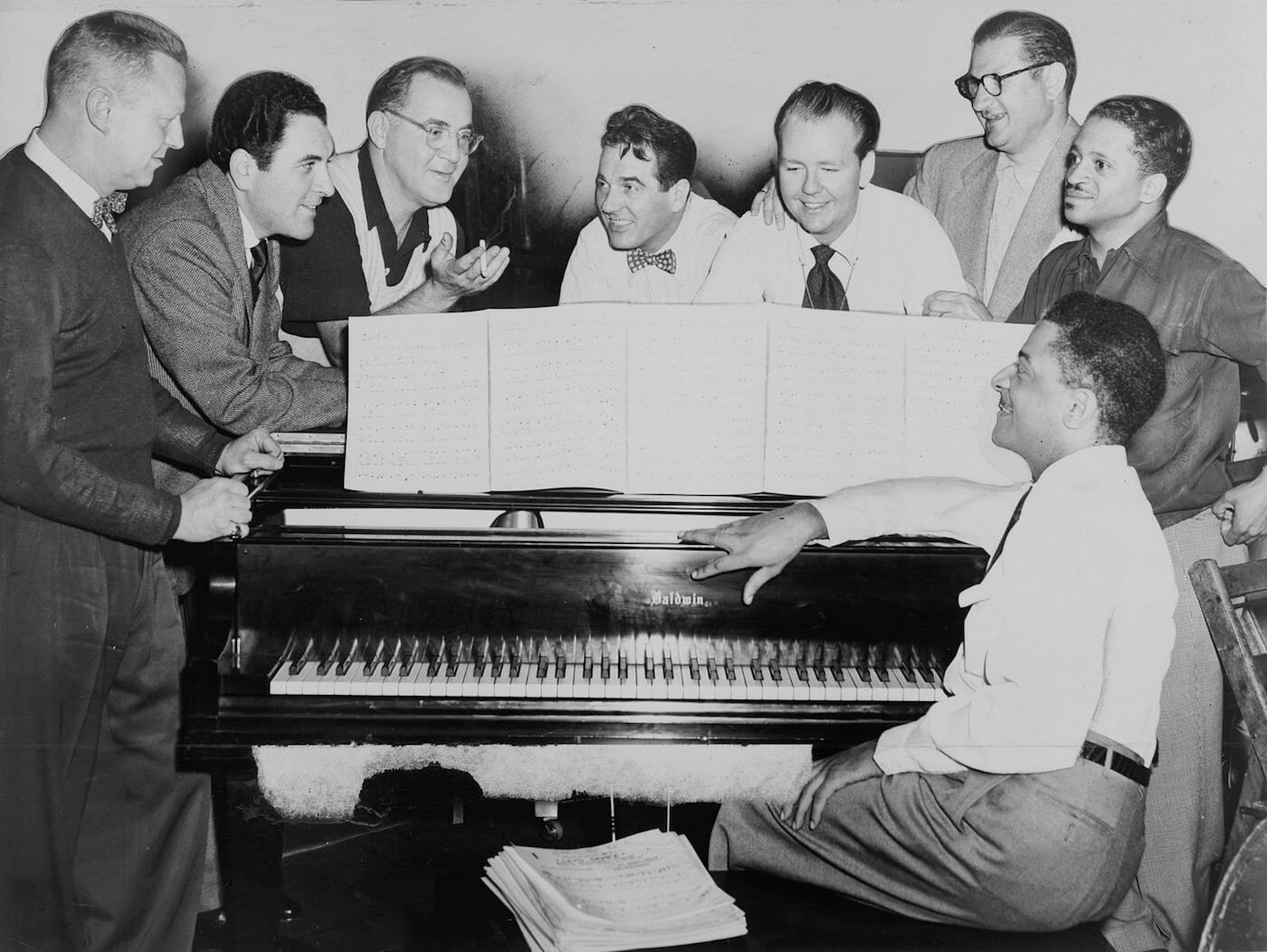
Directors, we want you to succeed, we need you to succeed. No half-measures here, learn the music, learn the language of the players. Trust that we learn quickly and that we badly need executive decisions to be made for forms and cues.
Communication is key to an orchestra’s success.
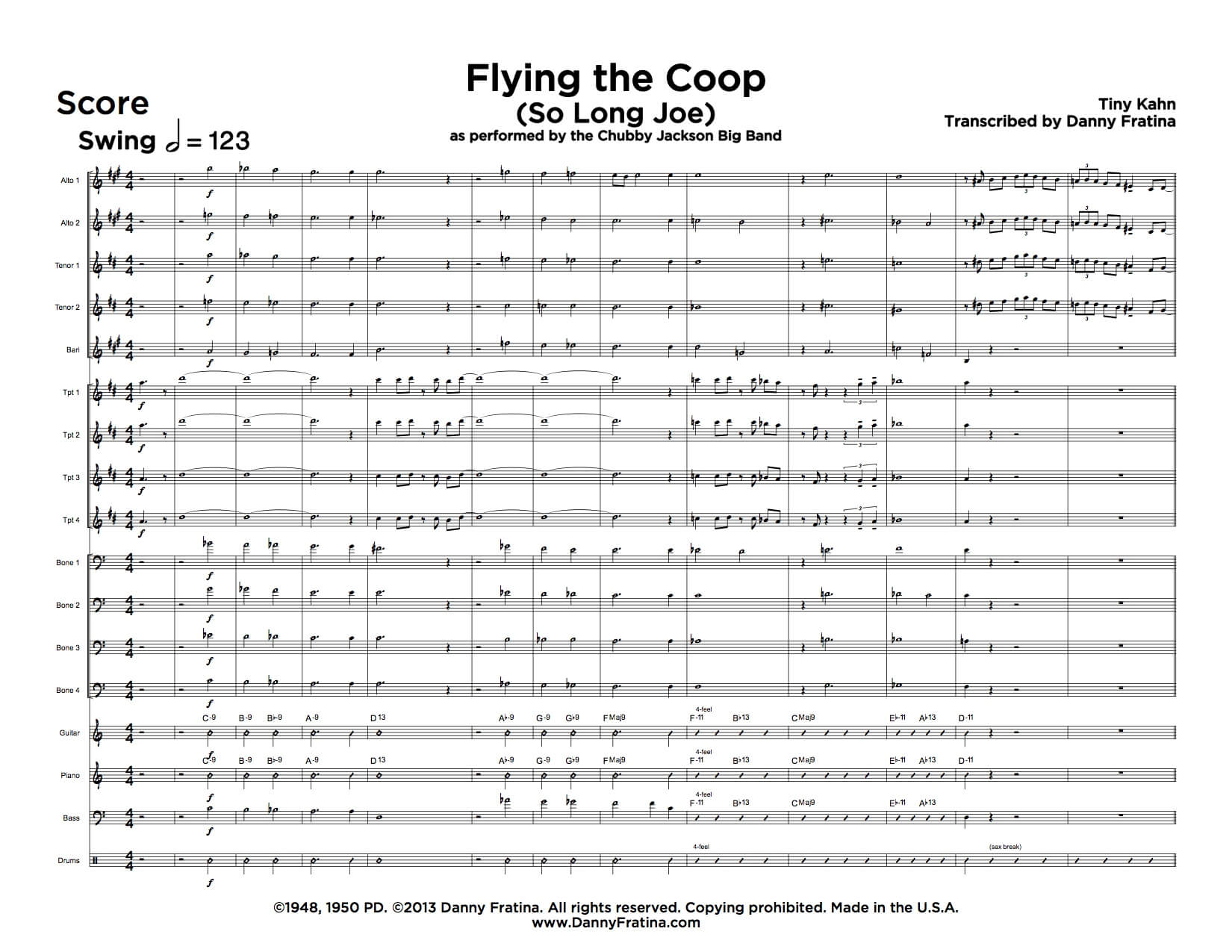
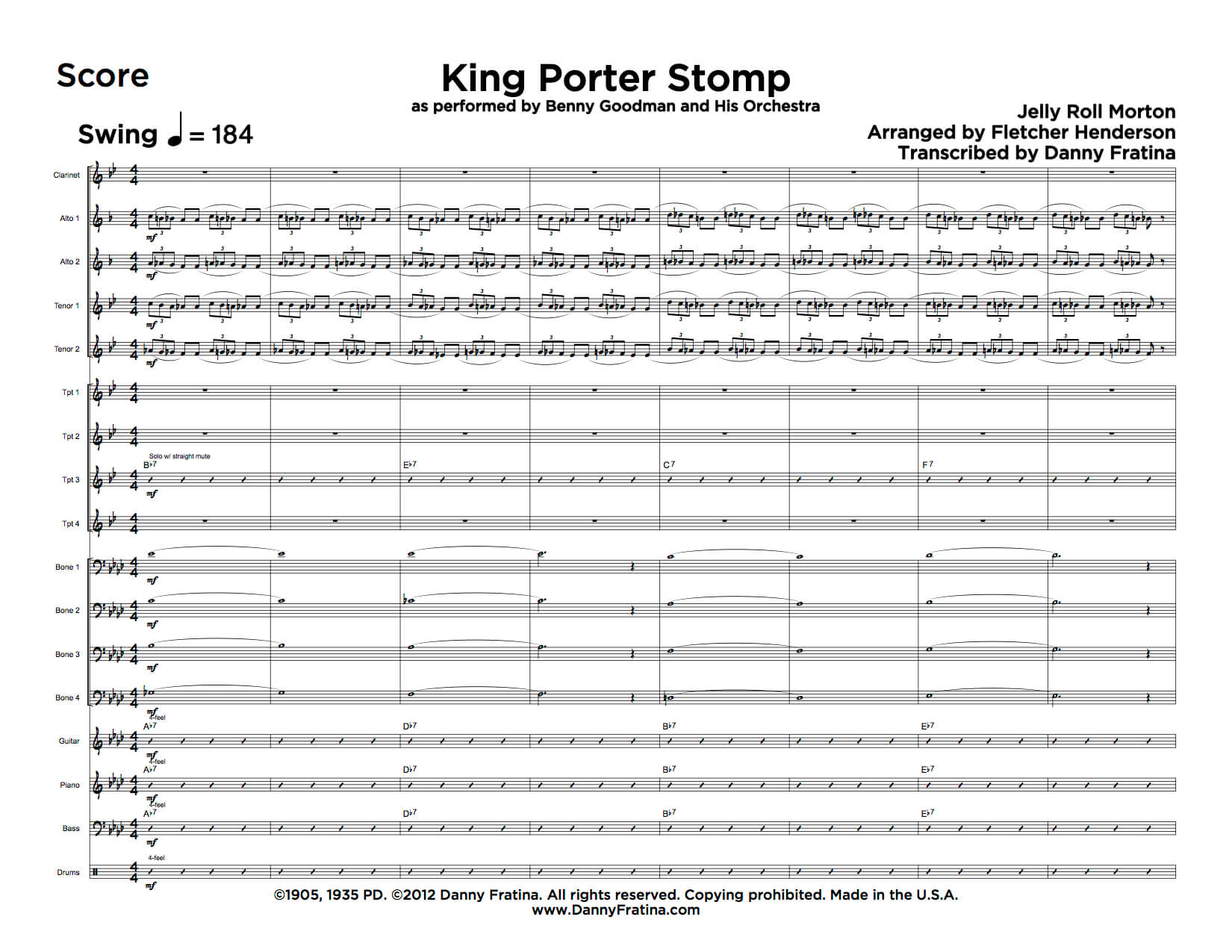
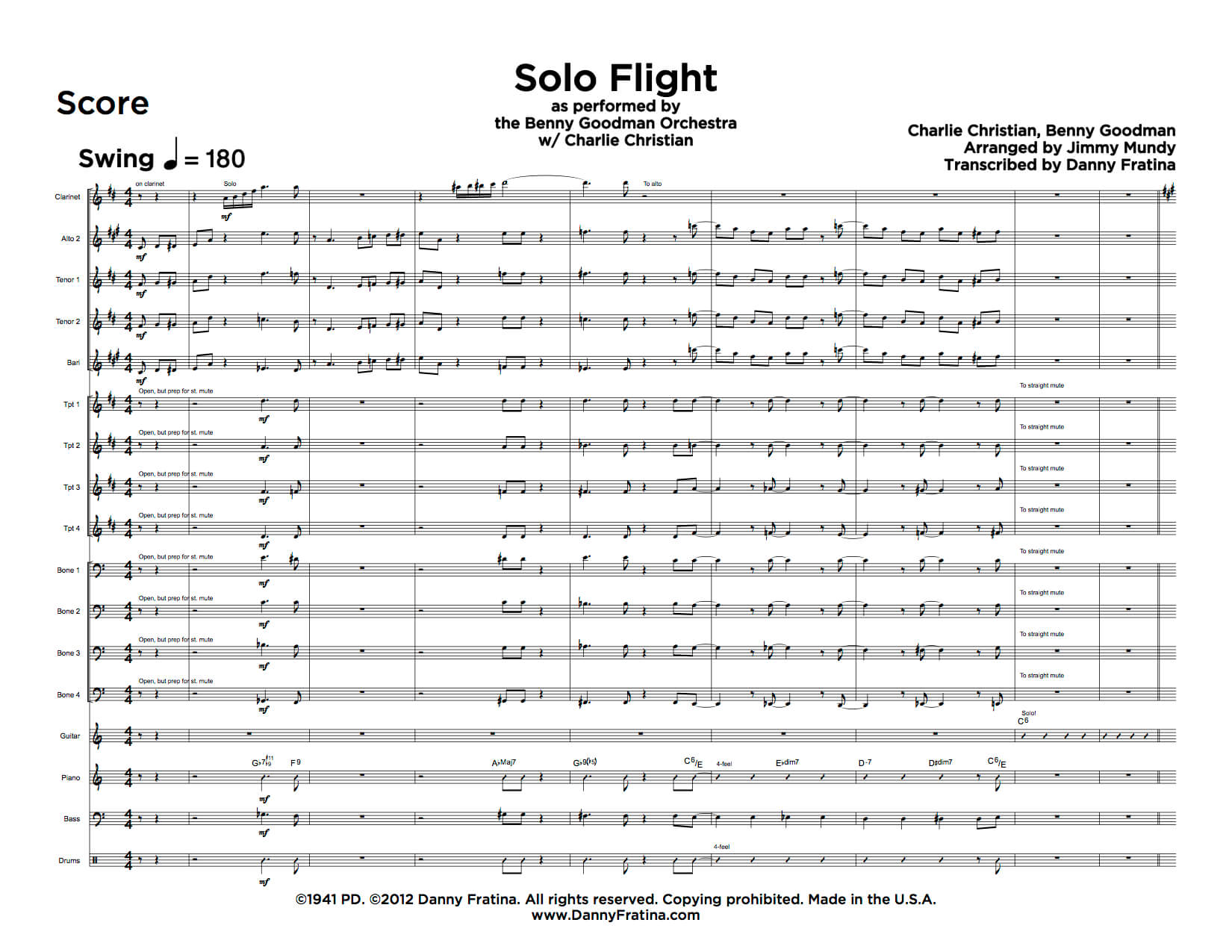

Leave A Comment